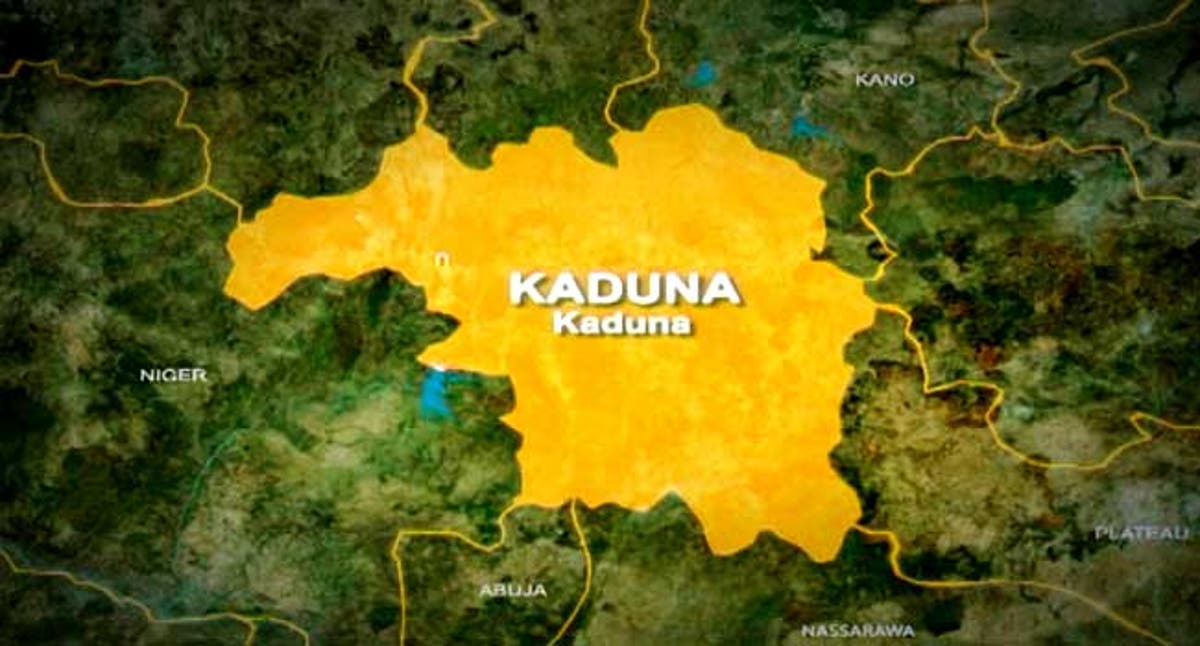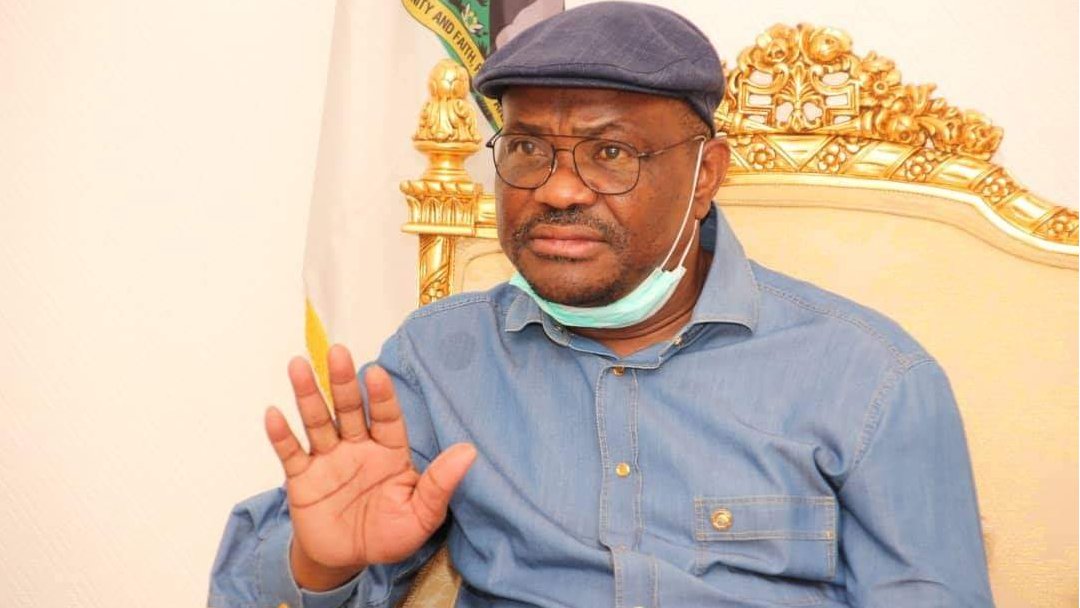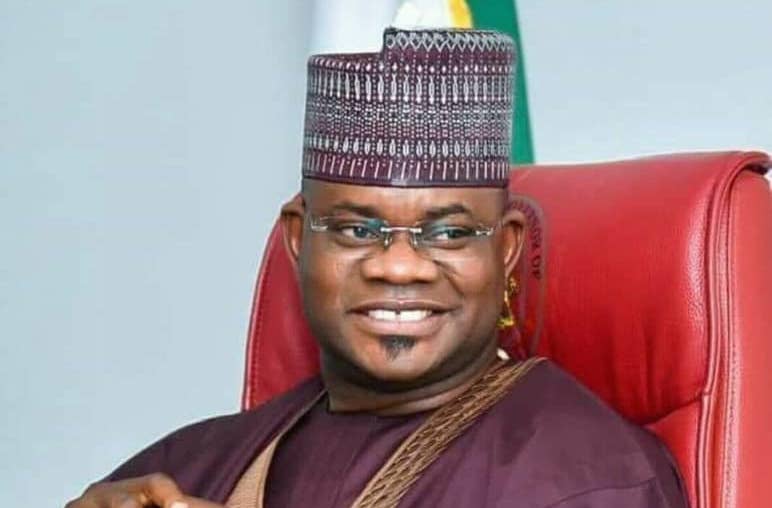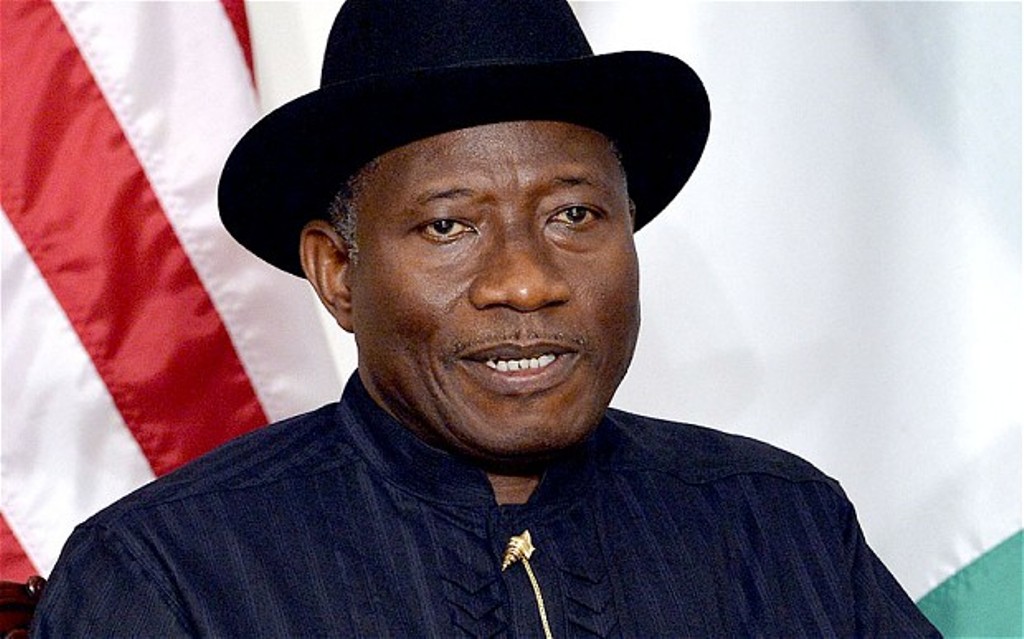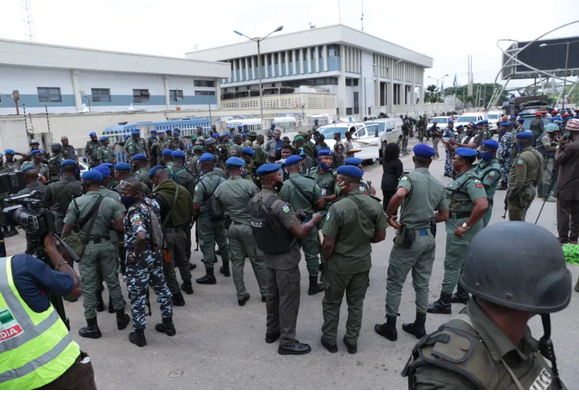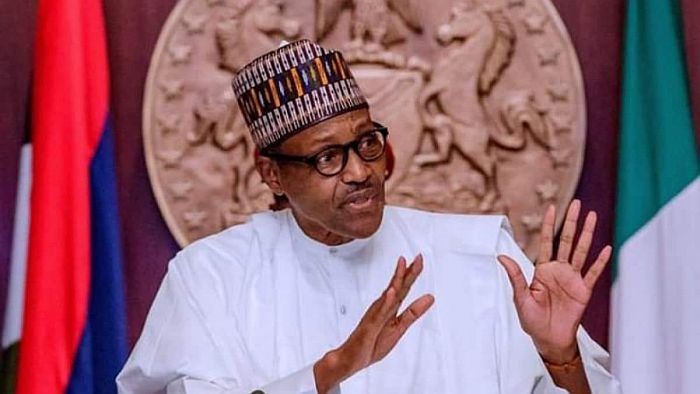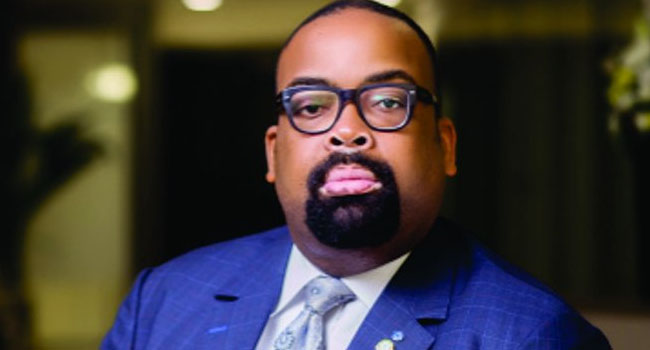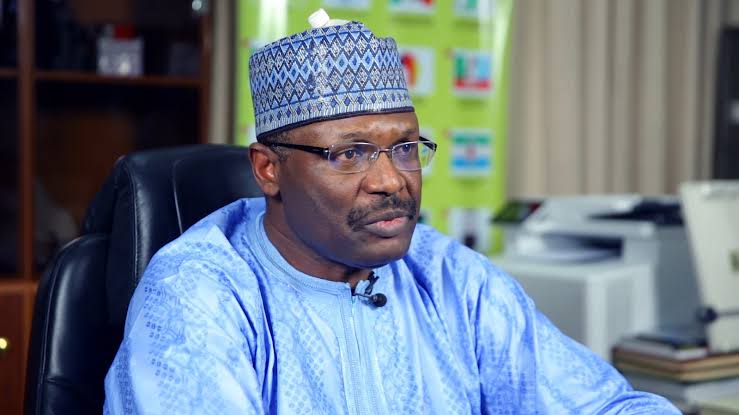By Dakuku Peterside
Omoni Oboli’s “Wives on Strike” is a blockbuster Nollywood movie where four semi-illiterate market women eagerly protest a child marriage anathema. Amina’s dad has compelled her to marry an older man against her will. Mama Amina opposes this marriage, but her hands are tied by culture, tradition, and religion. She convinced her friends to get involved. They in turn approach their husbands to talk sense into Papa Amina, but when the men refuse to get involved, the women went on a sex strike. Other women across the country join in support until little Amina is freed. The narrative of this film symbolises the new normal in Nigeria, where strike action is seen as the most effective way of getting the authorities to bend to the wishes of the workers.
According to a report obtained from the Trade Union Services and Industrial Relations Department (TUSIR) of the Federal Ministry of Labour, about 103 labour complaints and trade disputes have been recorded so far in 2021. And out of these, 14 resulted in strike actions. The total number of disputes that would have led to strikes resolved was only seven. However, about 74% of these disputes are public sector-based, while about 26% is private sector-based.
These statistics contextualise the problem and evidences the prevalence of industrial conflicts in Nigeria. A cursory look at both the traditional media and social media recently will show an avalanche of news on strike actions. It is pertinent to state that some labour unions are synonymous with strike actions. Undergraduate students and their parents quickly link ASUU to perennial strike actions that have become almost a yearly ritual. Other labour unions are quickly catching up with ASUU in this inglorious position.
The Perceived unfair treatment that workers receive from their employers is one major cause of industrial disputes. Employees often demand better pay and condition of service for
members. Inflation is known to have dealt a heavy hand on workers compensation year in year out. some members get mistreated by employers, and the union provides solidarity for them. These disputes are supposed to be resolved between disputing parties and must not necessarily result in strikes, and typically strike actions are supposed to be the last resort. When labour unions resort to strike as an instrument of resolving disputes, the entire system is disrupted, and lives, future opportunities and livelihoods are compromised. A lengthy strike negatively affects employment, reduces business confidence, and increases the risk of economic stagnation. In addition, such strikes have a significant setback on the growth of the economy and investment opportunities. The net loss to the economy in terms of man hours and overall economic loss dents the GDP and depresses the prospect of economic recovery .
Nigerians have suffered so much from strike actions, which have been a recurring phenomenon. Though strike action is recognised in the Nigerian legal system, its use should only be to achieve legitimate union objectives. However, the law stipulates conditions and procedures to adopt for strike actions to be legal. The union must follow the means for the peaceful settlement of the disputes as established by agreement or legislation, and these procedures must be thoroughly exhausted before any strike action is embarked on. The fact is that if the laws are strictly applied, most strike actions would be deemed illegal.
Why is there an aberration of strikes in Nigeria today? It almost seems that trade unions and their members savour the idea of strike and are willing to vote for it at the slightest provocation. If the mindset is to go on strike, trade union negotiators stubbornly refuse all reasonable negotiations and wait until strike actions before accepting those terms. With this situation in the country, most Nigerian trade unions get their members to embark on strike at the slightest provocation. Their members are usually keen on voting down tools as they see it as an opportunity to rest at home or engage in other activities, knowing fully well that they would not lose any of their remunerations. Trade unions in Nigeria usually ensure that one of the conditions that
the government must agree with before they can consider calling off a strike action is that none of their members would suffer any consequences from the strike action and that all their earnable salaries and allowances during the period they were not working are paid in full.
Elections into the leadership of most of our trade unions are now a do or die affair as these ‘comrades’, once elected to office, see an opportunity to make stupendous amounts of money. Aside from exploiting the opportunity to control check-off dues that most times runs into hundreds of millions of naira, many of them are alleged to have made money through ‘settlements’ from the employers to the detriment of their members or from government opponents intent on destabilising the system to score political points.
It is common these days to see union leaders use expensive customised vehicles and hideously display opulence. Most of them turn to professional labour leaders without working in
any organization .
The second reason for incessant strike action is the lack of integrity in the system. Most labour disputes have to do with the non- implementation of agreements. This situation speaks to the issue of the integrity of political leaders and private sector leaders. When contracts and agreements are entered into between negotiating parties in a labour dispute, they must be adhered to in their entirety. When government or management, whether incumbent or successive, refuses to comply with the agreement, it creates chaos and destroys trust in the ecosystem and leads to lengthy strike actions. The problem with this wicked action is that it makes the cheated party not trust the new agreements reached given that old ones are not adhered to. If an agreement is not complied with, it is not worth the paper it is written on, and no one should blame workers for further strike actions in this instance.
The third reason is that workers are frustrated by what they see as the impunity of corrupt leaders who lack political integrity and sacrifice for the public good. While living in stupendous opulence, political and corporate leaders demand that the workers be considerate, patriotic and consider the strike’s impact on people. These leaders are not altruistic and do not lead by example, especially when the service conditions they expect workers to endure are way too low from their immoral opulent standards. They hope workers on strike consider the public interest and get public sympathy and support while not willing to bring about a genuine resolution to the conflicts. A
nation with an already dysfunctional public sector cannot afford to underfund public services. Funding and review of service conditions need to be continuous in line with inflation rates and cost of living indices.
The consequences of these strike actions in Nigeria are there for all to see. To illustrate, the incessant strike actions by the Academic Staff Union of Universities (ASUU), the organised labour union of lecturers in Nigeria, has left the educational system in tatters. Since 1999, ASUU has embarked on nationwide strikes more than 20 times, and four years of academic calendar cumulatively was lost. And this does not include the avalanche of ‘local ASUU strikes’, whereby a particular vice-chancellor, University Governing Council or state government is at loggerheads with the academic staff of a specific university. The result is that the quality of education offered to Nigerian students has, at best, been mediocre. The academic performance of students is adversely affected, and the entire educational system is almost crippled. These result in half-baked, unemployable students who lack the basic skills necessary to survive a dynamic environment.
In recent times, the National Association of Resident Doctors (NARD) seems to be competing with ASUU for the trade union most associated with industrial actions in Nigeria. NARD, with 16,000 doctors in their membership, represents about 40 per cent of doctors in Nigeria. They were still on strike at the time of writing ostensibly to push the government to honour its agreement on pay arrears, hazard allowance as well as insurance benefits to families of doctors who have died of the Covid-19 virus.
Interestingly, the current strike by the doctors is their fourth since the Covid-19 pandemic reached Nigerian shores last year. And this recent strike comes as the country is battling with the third wave of the pandemic in the country propelled by the highly contagious Delta variant.
While health workers strike occurs globally, the impact appears more severe in Nigeria, challenged by poorer socio-economic circumstances, embedded infrastructural deficiencies, and lack of viable alternative means of obtaining healthcare. When Doctors go on strike, they are no longer apostles of life; they compromise on the Hippocratic oath of the medical profession and fiduciary obligation to patients. I understand the challenge of doctors, and other health workers struggle as ordinary employees who are rightfully entitled to a just wage for honest work versus their moral obligations to patients and society. Recently, many Nigerian medical doctors in various fields such as anaesthesia, ICU, paediatrics and surgery, family medicine and others in their hundreds were undergoing interviews by a consultancy firm for the Saudi Arabia Ministry of Health, Meeds Consultancy, for work in Saudi Arabia. Most of the doctors interviewed complained
of ridiculous wage, and poor conditions of service, with almost all of them referring to the current strike by the resident doctors. This mass exodus of medical professionals will definitely further compromise the quality of healthcare system in Nigeria where there are already human capacity gaps .
Most of the strike actions in Nigeria have resulted from the poor application of collective bargaining provisions. Under collective bargaining, leaders of a union articulate their grievances and negotiate with the employers for an amicable settlement. But what we have in most cases are either labour leaders with selfish interests to protect or corporate leaders or government officials with a myopic mindset that sees the workers in a particular sector as too greedy or dispensable.
For industrial actions to be reduced to a minimum, all the stakeholders and parties to collective bargaining should comply with the bargaining resolution. Government officials should be abreast of government revenue projections and should never enter into agreements that they know the government may not keep in the long run. There is no need to postpone the evil day. Government is also a continuum, and an incumbent government should naturally see
that it keeps to commitments made by the predecessors and should not also create problems for its successors.
Labour leaders should also be realistic about expectations from the government. Dwindling government revenues naturally means that the government should not continue to fund all economic sectors fully. Each industry and people working in it should find creative means of raising additional funds.
The students at our public universities and
those who use our public health facilities should pay reasonable fees to make up for increasingly lower government subventions. In this way, our educational and healthcare facilities would be better funded and more functional.
Ultimately it is the duty of all stakeholders to find the best means to resolve labour issues without bringing down entire systems .
.
